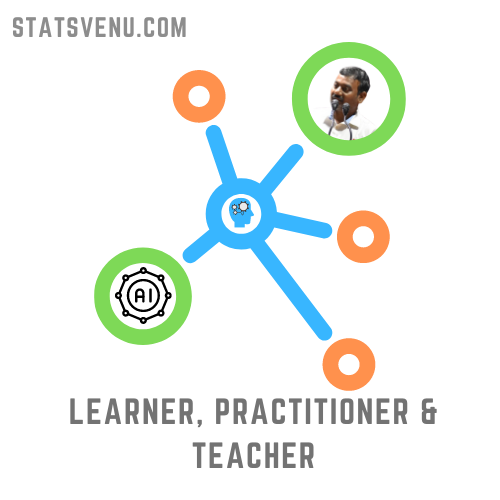Introduction
The landscape of data analytics is undergoing a seismic shift. Gone are the days when mere proficiency in data manipulation and software skills sufficed. As we transition from Data Analyst 1.0 to Data Analyst 2.0, a new, more dynamic skill set, deeply intertwined with domain knowledge, is becoming essential. Let’s delve into the transformative journey of evolving into a Data Analyst 2.0 and understand why domain knowledge is now pivotal in this realm.
Evolved Competencies
A Data Analyst 2.0 transcends the traditional roles of data analysis. This new breed is defined by:
Complex Requirements: They excel in understanding and addressing multifaceted business needs.
Automation Savvy: Leveraging AI and machine learning, they automate tasks to focus on strategic initiatives.
Client-Facing Skills: These analysts actively engage with stakeholders, influencing decision-making processes.
Outcome-Focused: Their success is measured by the tangible impact they make on business outcomes.
AI-Enabled: Far from being obsolete, they use AI as a tool for delivering deeper insights.
Growth Mindset: They are perpetual learners, constantly adapting and embracing new challenges.
The Pivotal Role of Domain Knowledge
Domain knowledge is the cornerstone of a Data Analyst 2.0’s expertise, linking their analytical abilities with business acumen. This involves an in-depth understanding of the industry, including trends, competitive landscapes, customer behaviors, and regulatory environments. Here’s why it’s indispensable:
Relevance: Ensures analysis is targeted and pertinent.
Contextualization: Provides a necessary context to interpret data within industry nuances.
Strategic Insight: Facilitates strategic recommendations that can direct companies towards profitability.
Innovation: Identifies areas for innovation, using data to drive creative solutions.
How to Acquire and Enhance Domain Knowledge
- Continuous Learning: Stay abreast of industry news and trends through journals, webinars, and forums.
- Networking: Engage with industry professionals for insights beyond academic knowledge.
- Real-world Experience: Hands-on experience, even through internships, is invaluable.
- Education: Specialized courses and certifications can deepen industry-specific knowledge.
Conclusion
The evolution to Data Analyst 2.0 demands a synergy of analytical prowess and domain knowledge. In today’s data-saturated world, the ability to not just analyze but also contextualize and strategically apply data is what sets apart a Data Analyst 2.0. This blend of skills enables analysts to drive meaningful business outcomes, making them invaluable assets in any industry. As we embrace this new era, the focus is clear: continuous learning, industry immersion, and a mindset geared towards innovation and strategic impact are key to thriving in the dynamic world of data analytics.
Source
https://medium.com/dare-to-be-better/how-to-become-data-analyst-2-0-0aa3007af7b8



